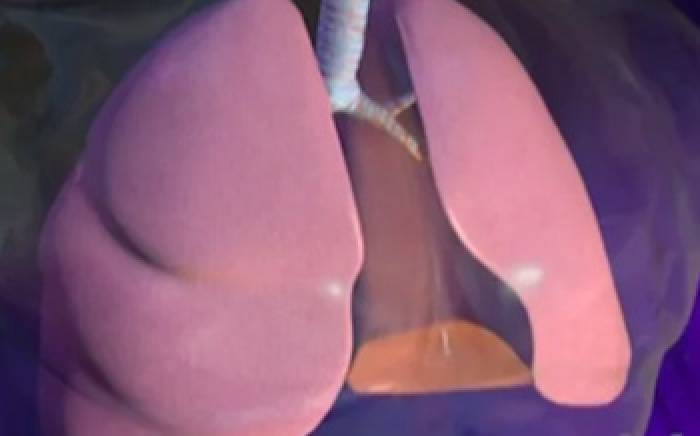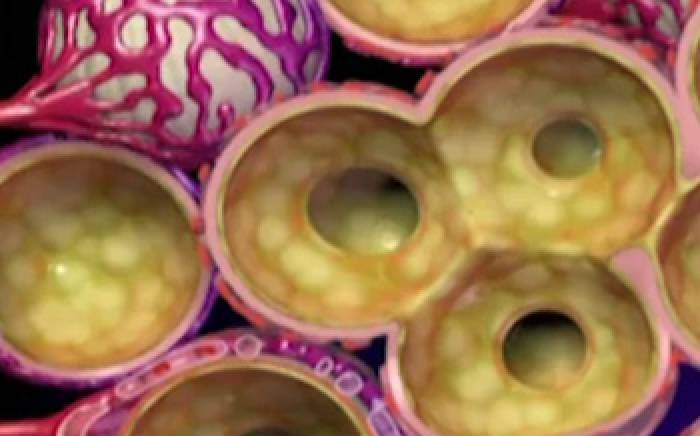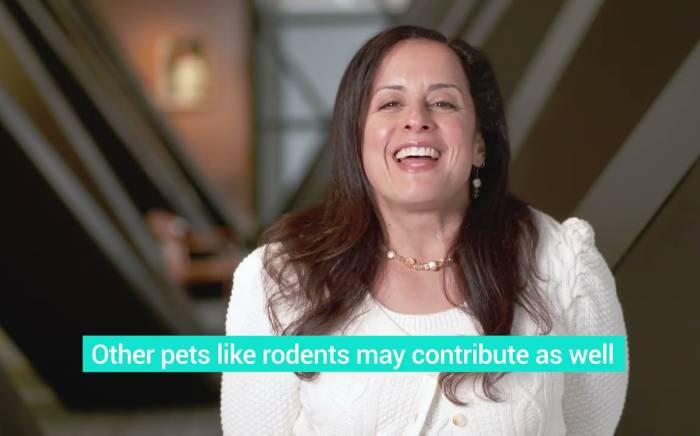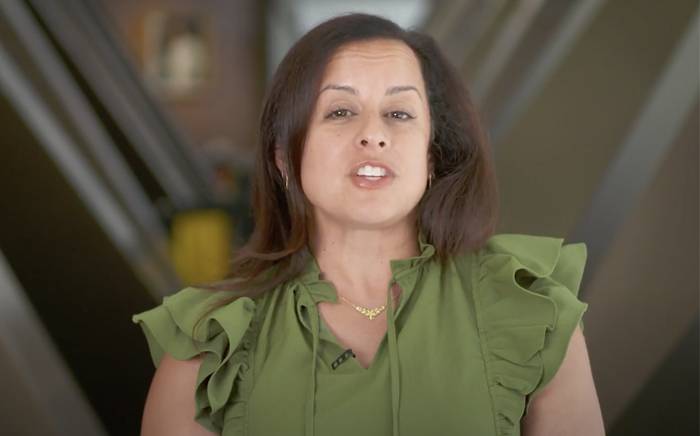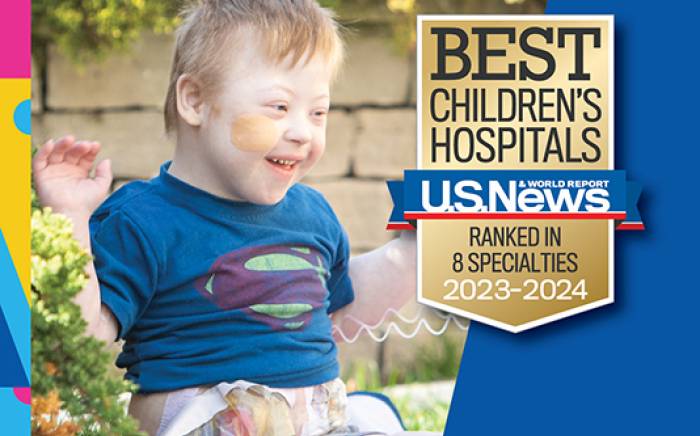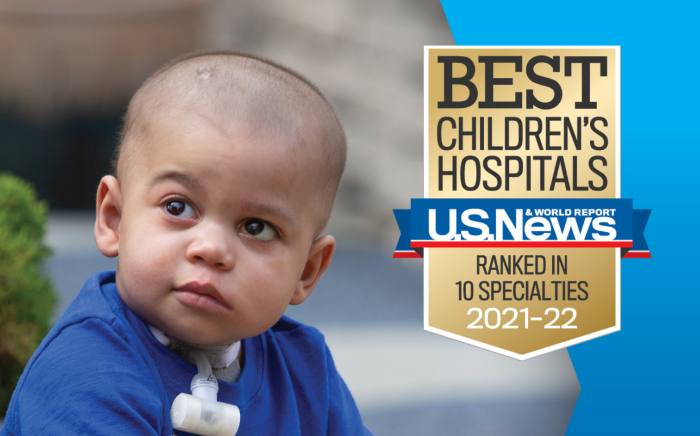Is your child not screaming for ice cream? He might have a problem with dairy.
There are two common reasons a child may feel bad after drinking milk or eating dairy products. She might be lactose intolerant, or she might have a milk allergy.
Lactose intolerance means your child can’t digest dairy. His body cannot process lactose, a sugar found in milk. After eating or drinking dairy products, he might complain of an upset stomach or have gas or diarrhea.
Milk allergies need to be taken very seriously. They occur when the immune system overreacts to a protein in milk. A child may break out into hives, have problems breathing or throw up. She might develop something called anaphylaxis, a life-threatening reaction that needs to be treated right away.
“Reactions to food are very common,” says Avraham Beigelman, MD, MSCI, a Washington University pediatric allergist at St. Louis Children’s Hospital. “Not every reaction is an allergy. But if you suspect your child might be allergic to milk, it’s important to have him seen by an allergist.”
Dairy-Free Diets
The best way to protect a child with lactose intolerance or a milk allergy is to not feed her anything with dairy. That can be hard because milk is used in many products. Even foods such as canned tuna or crackers can have dairy ingredients. Parents should read labels very carefully.
Any child with a milk allergy should have emergency allergy medications handy at all times.
For resources about milk and food allergies, call the St. Louis Children’s Hospital Center for Families Resource Library at 314.454.KIDS (5437) or toll-free at 800.678.KIDS.


